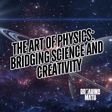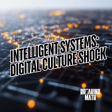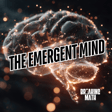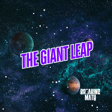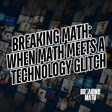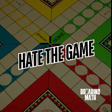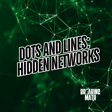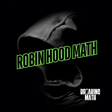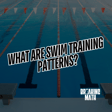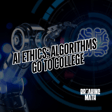
The Future of Physics: Portals to a New Reality
In this conversation, Dr.Vlatko Vedral discusses the complexities of quantum mechanics and its implications for our understanding of reality. He explores the stagnation in physics, the importance of thought experiments, and the potential for new discoveries through technological advancements. Vlatko emphasizes the need for adventurous research and the role of quantum information in shaping future scientific inquiries. He also speculates on the transformative possibilities of quantum technologies and their impact on human perception.
Takeaways
- Quantum mechanics challenges our understanding of reality.
- The observer effect is central to quantum mechanics.
- Physics has been stagnant with two main theories for over a century.
- Technological advancements are paving the way for new experiments.
- Thought experiments can guide genuine scientific discovery.
- The integration of quantum mechanics and general relativity is crucial.
- Quantum information theory expands our understanding of computation.
- New theories may emerge from the intersection of quantum mechanics and technology.
- The perception of reality may evolve with quantum technologies.
- Funding and research approaches need to be more adventurous.
Chapters
- 00:00 Exploring Quantum Reality
- 04:48 The Stagnation of Physics
- 08:41 The Clouds of Uncertainty
- 12:46 Thought Experiments and Their Power
- 16:01 Five Experiments for the Future
- 24:54 Technological Feasibility of Experiments
- 28:27 Quantum Theory and Its Foundations
- 34:08 The Role of Quantum Information
- 39:35 Imagining New Realities Through Portals
Follow Vlatko on LinkedIn, Substack, and find their new book here.
Subscribe to Breaking Math wherever you get your podcasts.
Follow Breaking Math on Twitter, Instagram, LinkedIn, Website, YouTube, TikTok
Follow Autumn on Twitter, BlueSky, and Instagram
Become a guest here
email: breakingmathpodcast@gmail.com


